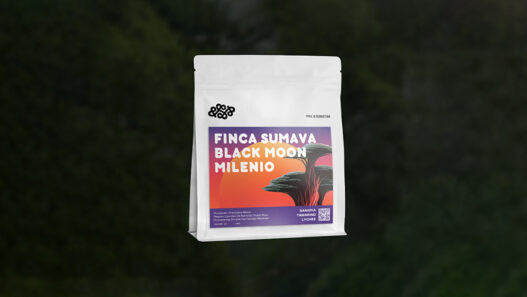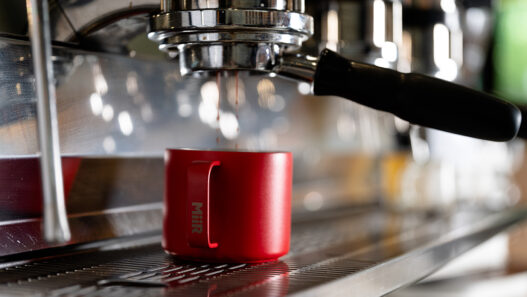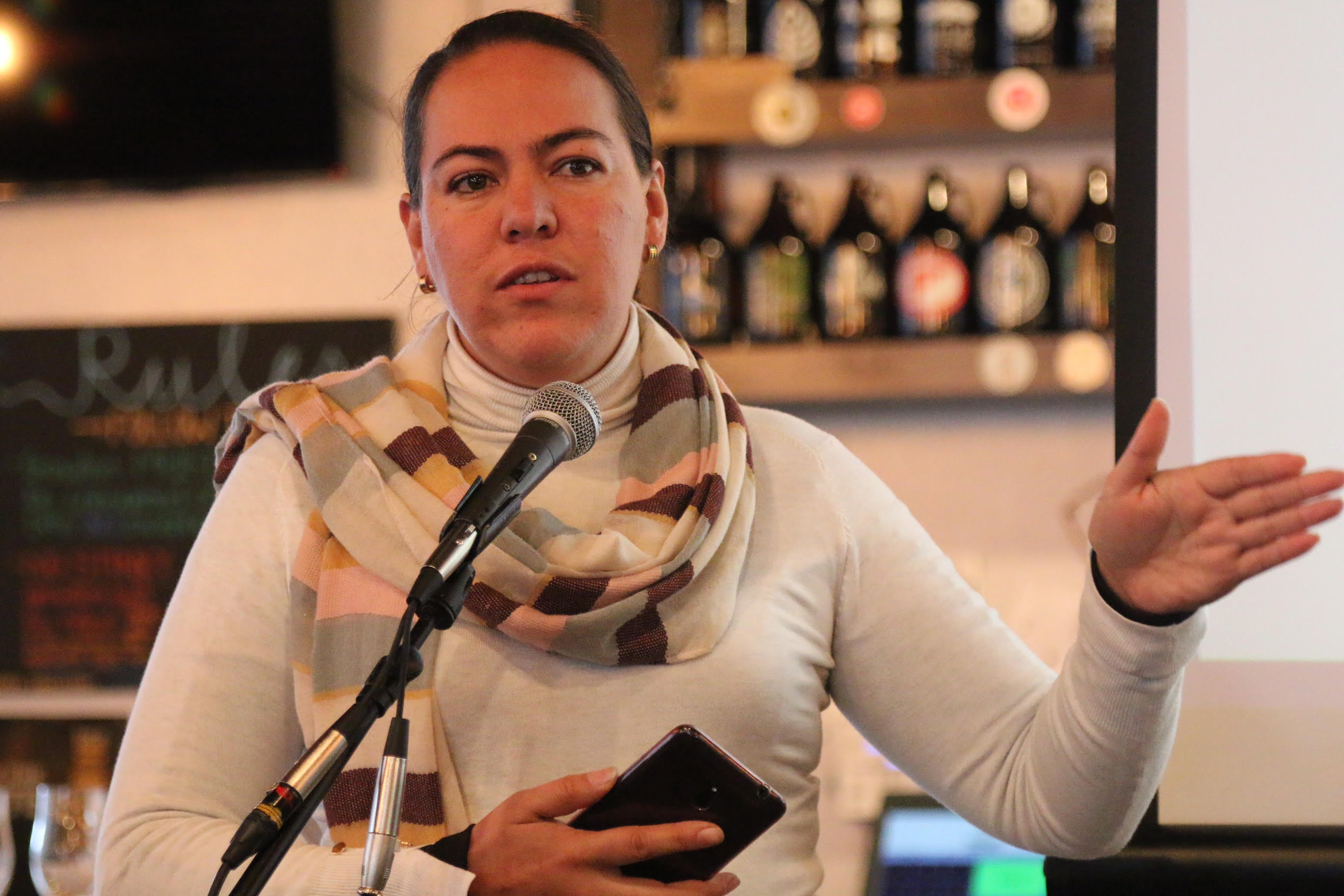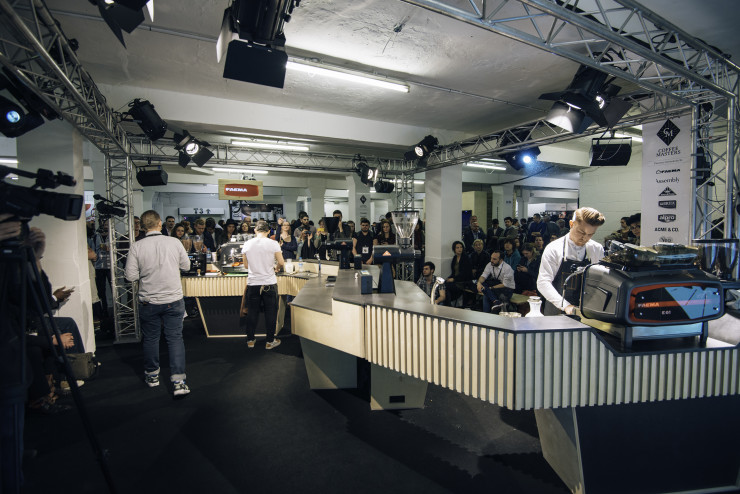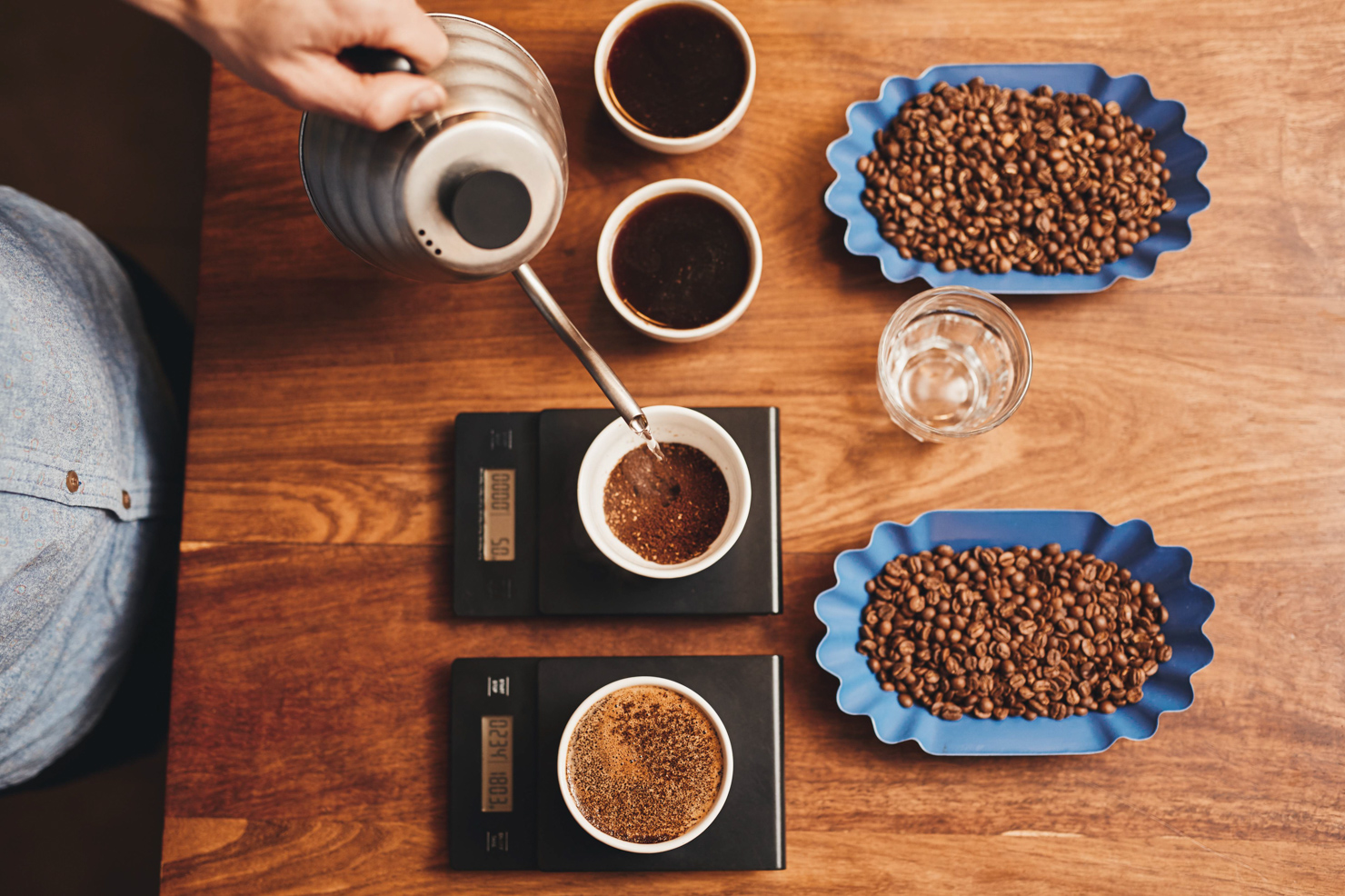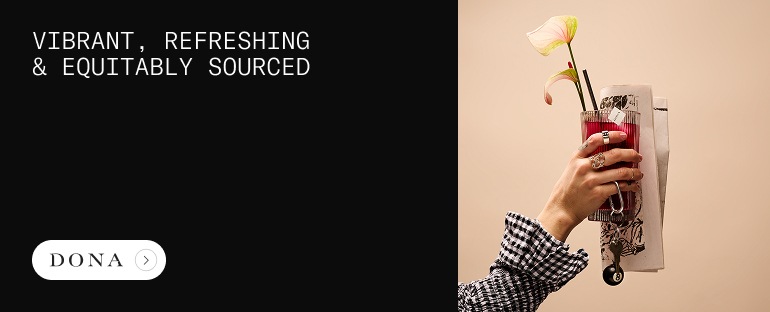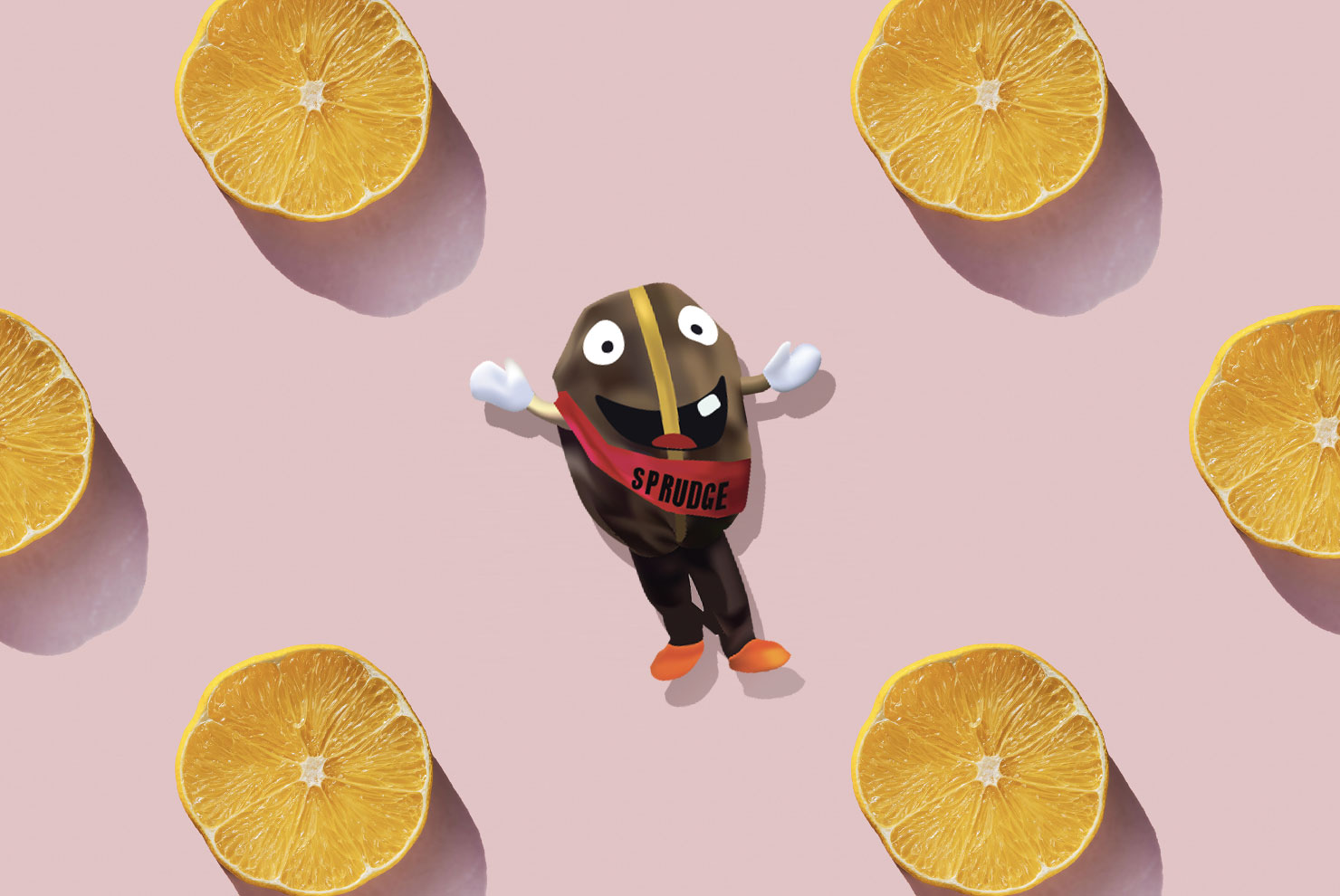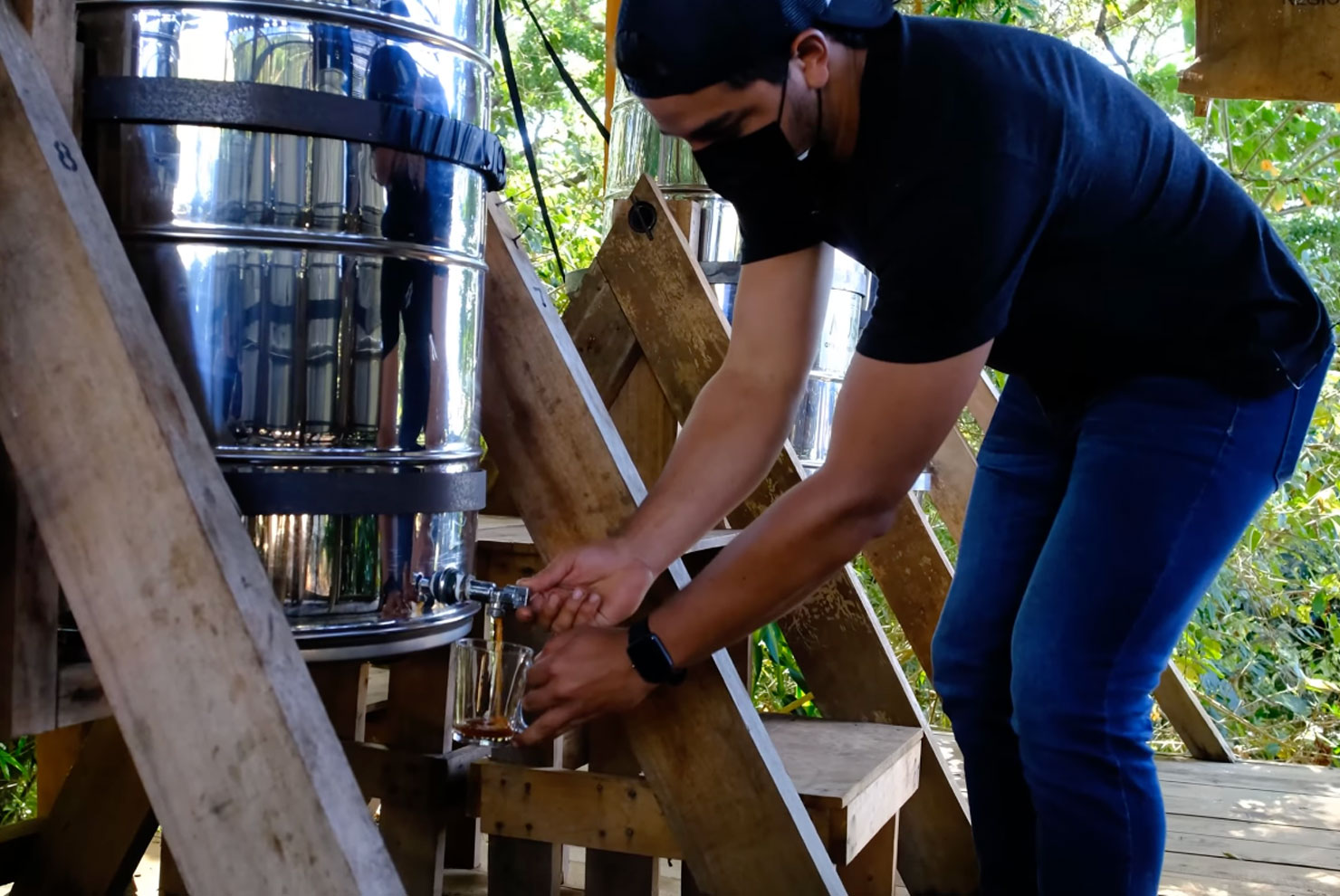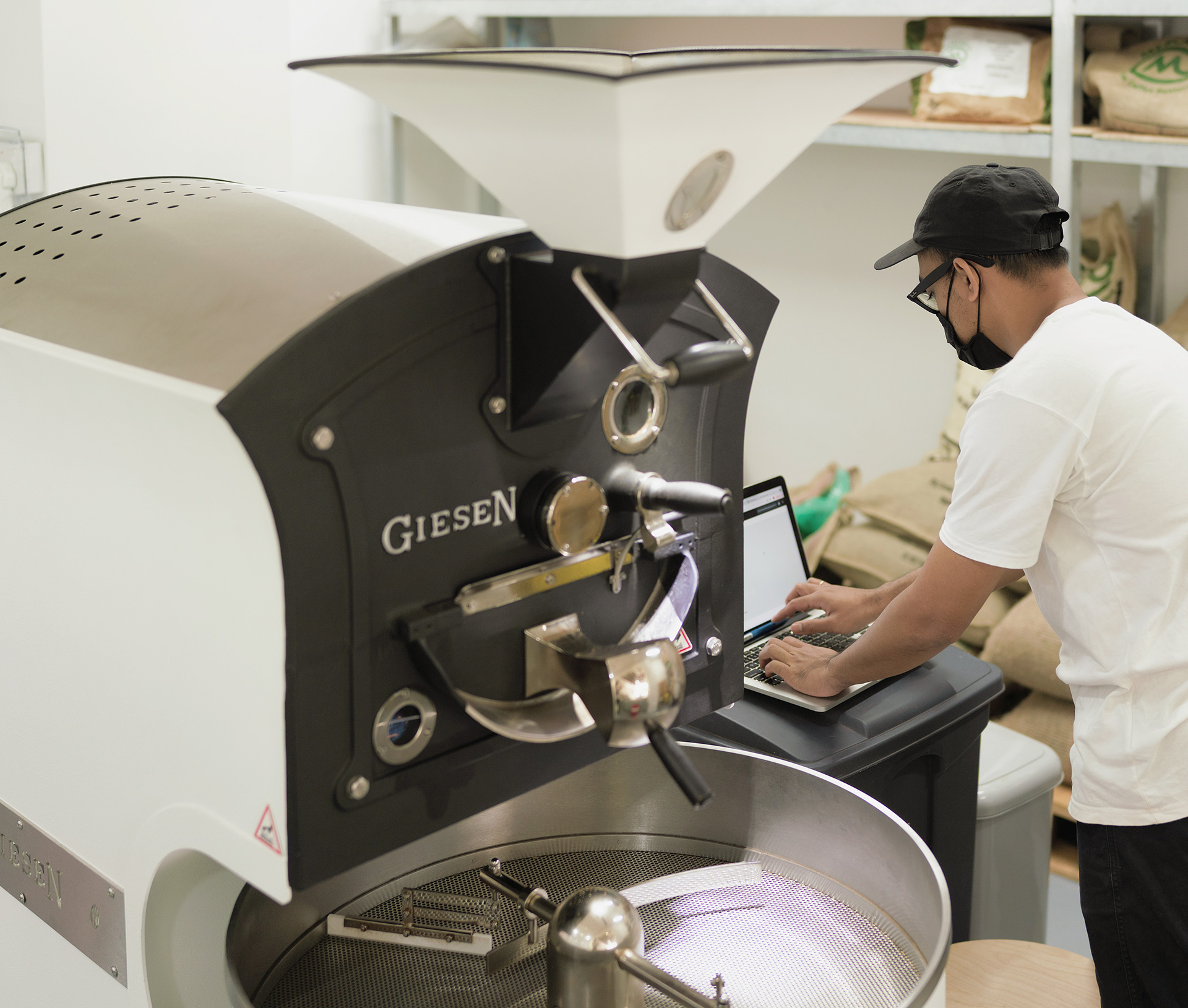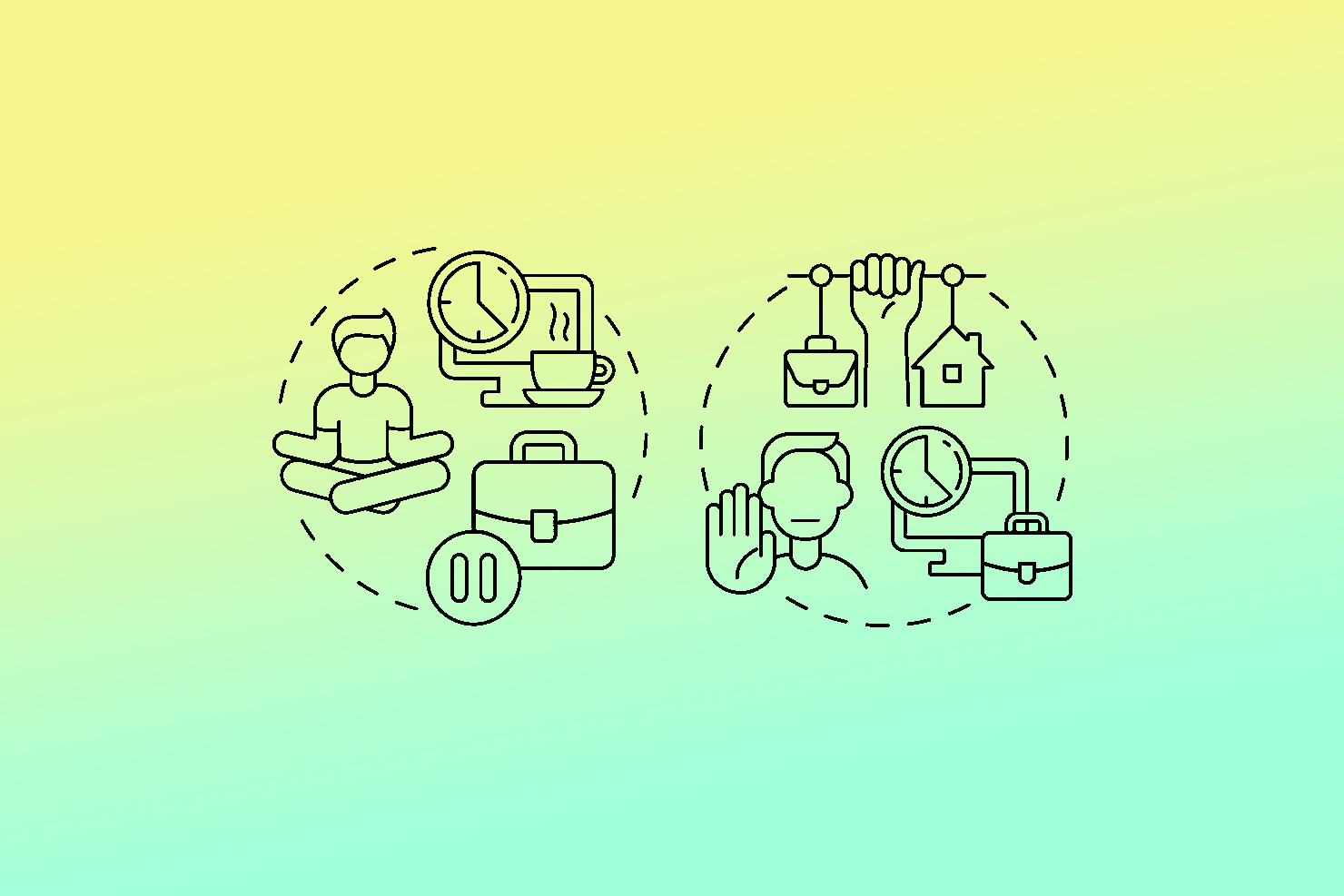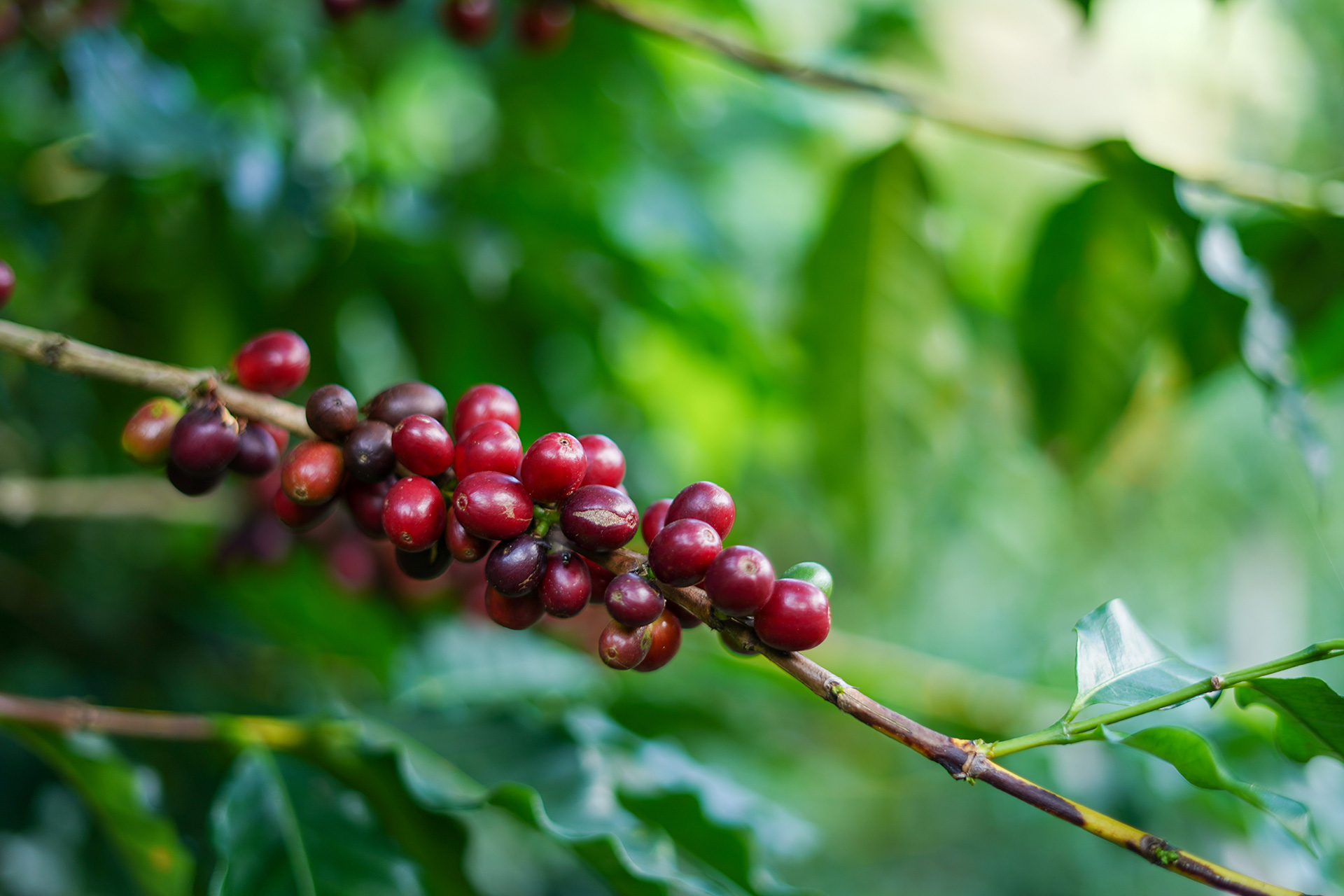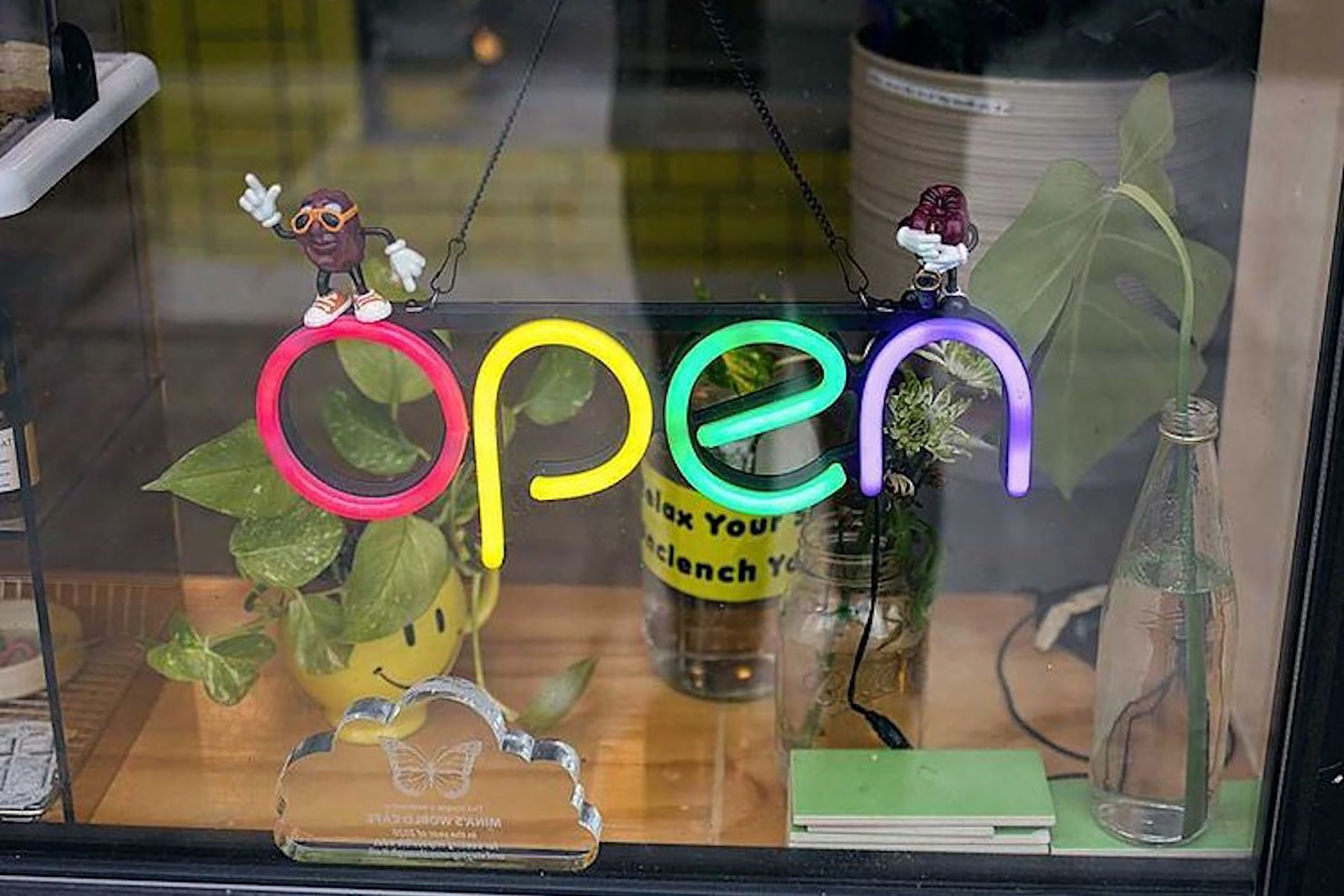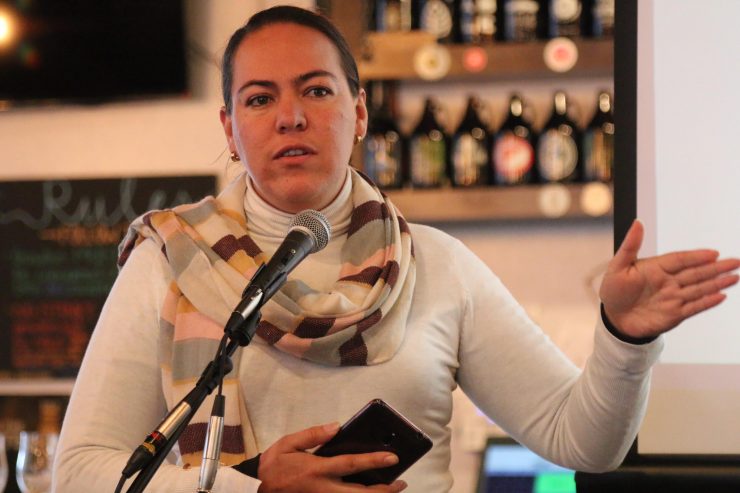
Last month, as part of the Cafe Imports Legendary Coffee Producers tour, Sprudge co-founder Jordan Michelman had the opportunity to conduct sit-down interviews with three of the world’s best coffee producers: Jacques Carneiro of Carmo Coffees in Carmo de Minas, Brazil; Juan Jose Miguel Sr. and Jr. of Finca Nueva Linda in Chiapas, Mexico; and Francisca Chacon of Las Lajas in Central Valley, Costa Rica.
In this interview we’re talking with Francisca Chacon of the revered Las Lajas micromill in Costa Rica, a certified organic operation that is helping to push coffee quality and experimentation in the region of Sabanilla de Alajuela. Dona Francisca and her husband, Oscar Chacon, are third generation coffee producers, making a name for themselves by pioneering natural- and honey-processed coffees, including the revered Perla Negra natural coffee that’s gained a cult following among progressive coffee fans (and barista competition competitors) around the world.
In this interview we learn the unlikely origin story of Perla Negra, find out more about the Chacons, and ask Dona Francisca a simple question: what do you wish more coffee drinkers knew about your coffees? Francisca Chacon’s answer might surprise you.
This interview was conducted with a live English to Spanish translation by Luis “Lucho” Arocha of Cafe Imports, with many thanks.
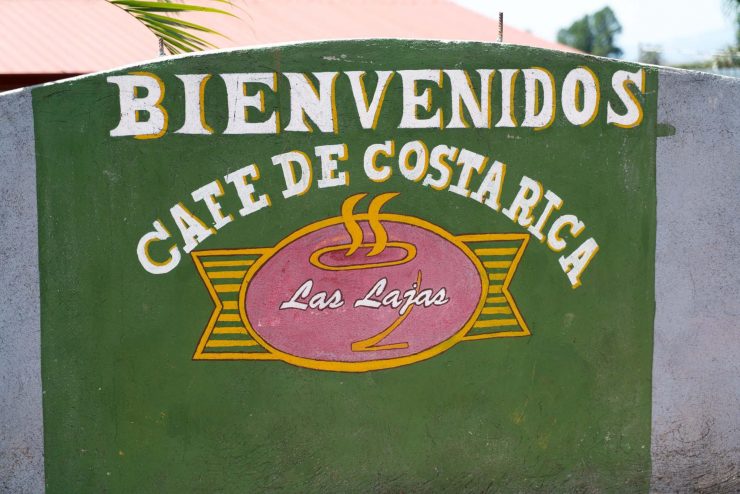
Hello Francisca Chacon, and thank you very much for speaking with me. As a way of introduction, please share with us some information about the history of Las Lajas.
Francisca Chacon: The Las Lajas project started in 1840, and it has passed down from generation to generation since then. Oscar Chacon—my husband—inherited 5 hectares when his father died. At that time Oscar was just 18 years old, but because he was the oldest brother in his family, he and his mother decided it was his time to work on the farm. Their goal was to protect and maintain the legacy that his parents left.
In the year 2000, prices were falling down for coffee, and the cost of growing was going up in Costa Rica. At this time we found the solution of organic production. I also had a background in coffee because my own family were coffee producers, but they didn’t have any experience with milling the coffee. In 1997, me and Oscar got married, and by 2006 we decided to start milling our own coffee, and that’s when the microlot program started.
Where I come from the tradition was to produce tons of coffee instead of quality coffee. I was working at a governmental company when our first child was born; but I was a hard worker, so I left the house early and came back late, and didn’t have a chance to see my child grow up. So in order to spend more time with my family, me and Oscar decided to start this microlot project without knowing if it would really work out.
We built a small patio—like just ten square meters—but we realized that was not the best idea [laughs]. We had no clue. At that time, we were only producing 25 exportable bags of coffee a year. But then we jumped to 300, then 600, and nowadays it’s 2000 bags.
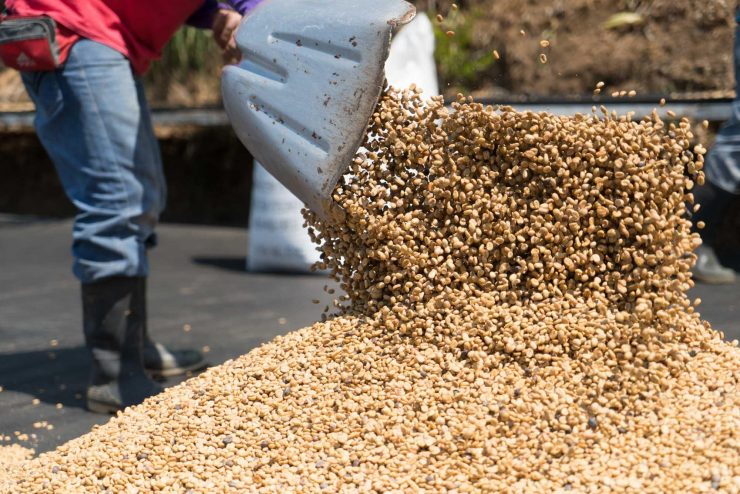
Las Lajas is known for producing some of Costa Rica’s first natural-processed coffee. Please tell us the story of how you started with naturals.
It was 2008, and this huge earthquake hit Costa Rica. For a week we had no water and no electricity, and this happened in the middle of the harvest. The pickers, they needed the money and they couldn’t wait—they needed to continue working and harvesting the coffee. So we had a quick decision to make: do we continue harvesting? We decided yes, and proceeded in the African style. Oscar said, “If Africa can do it, and they do it in Brazil, then why can’t we do it that way?”
It was a very interesting situation. We gave samples to locals cuppers, and the comments from them were that the coffees were “wrong”—overfermented or badly processed. But then Andrew Miller from Cafe Imports came to visit us, along with some coffee roasters on an origin trip. This group saw natural coffee, and Andrew asked for a sample even without cupping. But after he cupped, he wrote a blog about the trip, and he mentioned that the coffee was really good and had good attributes and an amazing profile, so we realized that we could produce high-quality coffee and that it had great potential.
So nowadays the process has changed a lot. Instead of just harvesting and throwing coffee into the bags, we harvest and handpick the cherries; we also do the “floaters” technique in the tanks, and then we put the coffee on the beds.
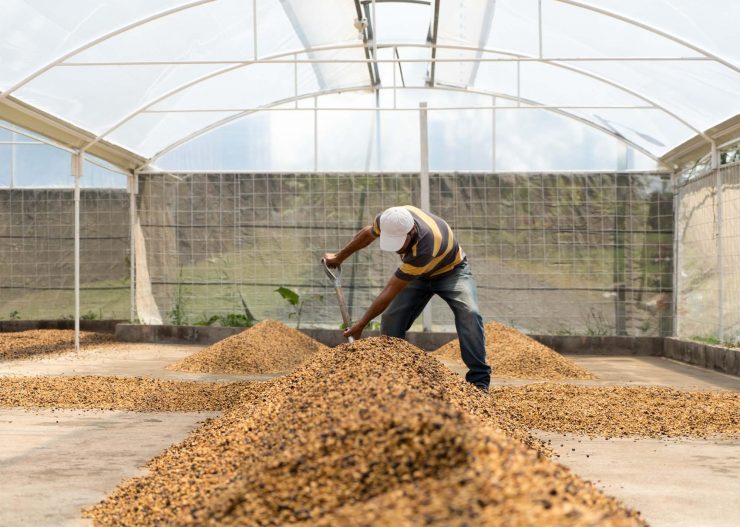
So is it true that you were the very first producers in Costa Rica to have natural coffees?
Si, yes. At that time in Costa Rica, the tradition meant it was coffee that was just matured on the trees and dropped into the fields, we’d collect the cherries, process them. At the time natural meant bad quality. So in order to be able to avoid the situation of getting rejections by the local cuppers, we invented new names—this was important internally in Costa Rica. But everytime an international cupper would taste the coffees they changed completely their opinions regarding the coffee. They would say, you know, “Esta muy bueno, esta differente”—all of the international cuppers agreed that the coffee was really good, and that made us feel like we’re doing something special.
You must know your coffees are very popular with baristas and competitions—what’s your reaction to that?
One year ago, the current Costa Rican barista champion was preparing his routine, and we attended a training. So I asked the barista, “Why did you choose that coffee?” And he said, “Perla Negra is a coffee for brave people—for professionals or for people who are willing to experiment.” At that time we realized it was not just for brave people, but for bold people—people who were willing to take the risk and push the boundaries, in things like competitions, who could compete with a coffee like ours.
In the end, it makes us feel so proud, when people use our coffees. It means people share our philosophy of pushing boundaries and continuing with a passion.
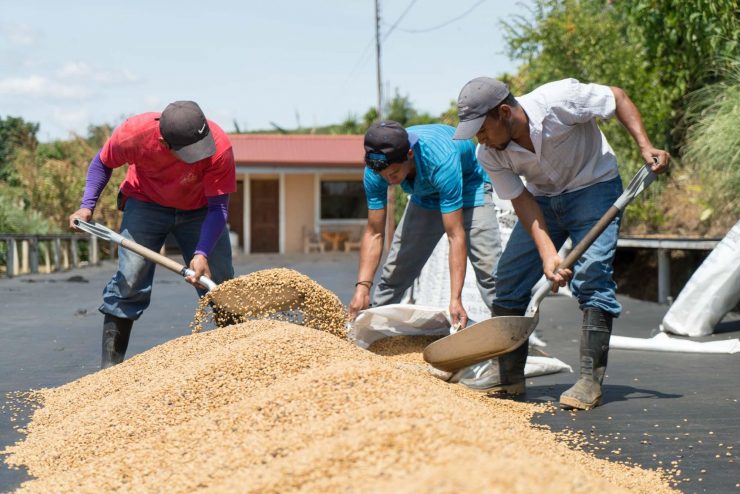
Perla Negra is what you call your natural coffees, which means “Black Pearl.” But there’s a new version coming out—can you tell us more about this? I understand it is called “Black Diamond” which sounds very delicious and mysterious.
That is really, really new! It is the new sibling. As Las Lajas is a project in constant improvement and innovation, we feel we owe the people a new invention year by year. This year, doing the Black Diamond for us is like a trophy—it is shining again, because we owe the people. as it’s a brand new process. For sure there will be some adjustments to make, but we will only know in the future. But so far what we’ve seen we are convinced.
What actually happens to the coffee for that process?
By our experience, we’ve seen that when natural coffee is dried directly into the patios without shadow, it loses its brightness. So this coffee is harvested, washed, goes to the float tank—we are always trying to harvest only ripe cherries—and then, after washing and removing all the floaters, we put the coffee on the patio and cover it with plastic. Once the coffee is covered by the plastic, it starts an effect like a sauna, creating condensation. To avoid the condensation going back to the cherries, we remove the plastic and leave the cherries for four hours without protection, then cover it again. Everyday, we do this in rotation for four hours. This goes for 5 days.
Then it goes into a greenhouse, an open greenhouse with ventilation, so the drying happens slower.
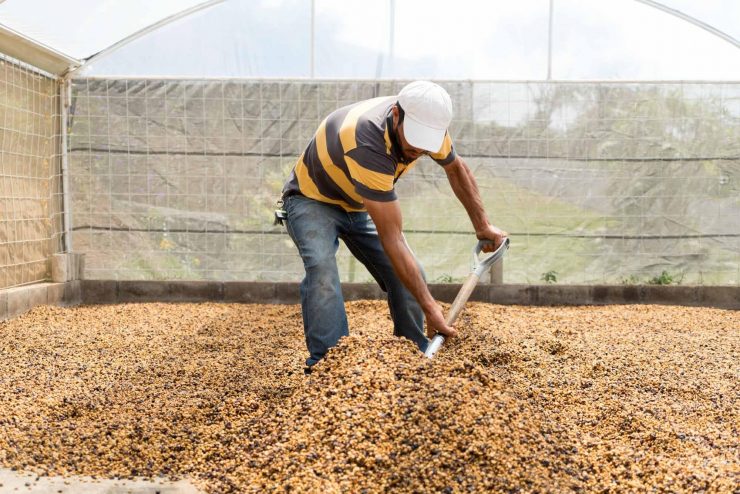
What is the resulting cup like?
That’s not up to me! But the roasted versions of this coffee I have tried are intense, with an unbelievable aroma, sweet and fruity. In the cup, there’s cherries, intense acidity, and delicacy. This is all done with SL28 variety coffee.
Always our goal for naturals is to maintain the quality in the process, while aiming to have a clean, natural taste.
SL28 is commonly associated with coffee production in Kenya. When did you plant SL28 at Las Lajas?
This is our fourth year with SL28. But actually, it’s our first harvest.
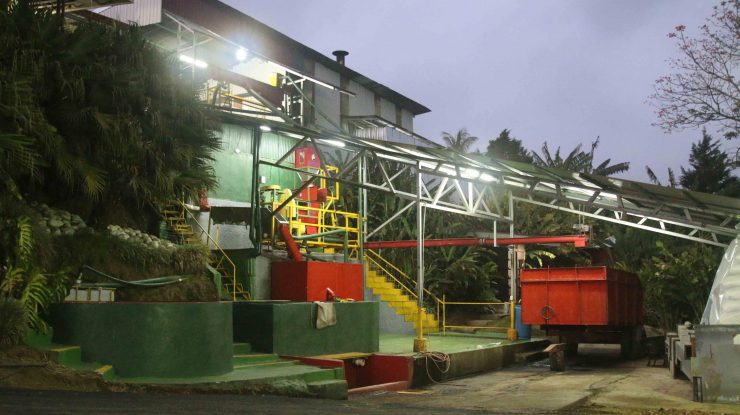
Have you had a chance to try your coffees roasted from companies in America?
Yes! It’s common for us to get roasted coffee from companies. I think that it’s the most important and valued trophy we can get as a producer. And everytime we are surprised with the roast because it’s not something we can do back in Costa Rica!
Do you have a favorite roaster? Or is that question too political?
There’s a roaster in Houston that makes a roast that turns out to be the color of red-ish yellow-ish type of coffee, and I wonder how! How do you make this?
What is something you’d like people drinking your coffees around the world to know?
First of all, thanks. All the people who drink my coffee, in some way you are participating in the project. That motivates us to continue producing high quality, but we also want you to know that you will always get high-quality coffee produced by us. And we know that it’s not just a buy/sell situation—we’re contributing to improve coffee production, helping the environment as we are organic and eco-friendly, and being able to try new techniques. But please know that we will always make high-quality coffee for you. It is all about drinking high-quality coffee, and we want you to know that our product is healthy. Thank you for drinking our coffees and pura vida!
Thank you so much.
Jordan Michelman is a co-founder and editor at Sprudge.com. Read more Jordan Michelman on Sprudge.
Photos by Andy Reiland, courtesy of Cafe Imports.




